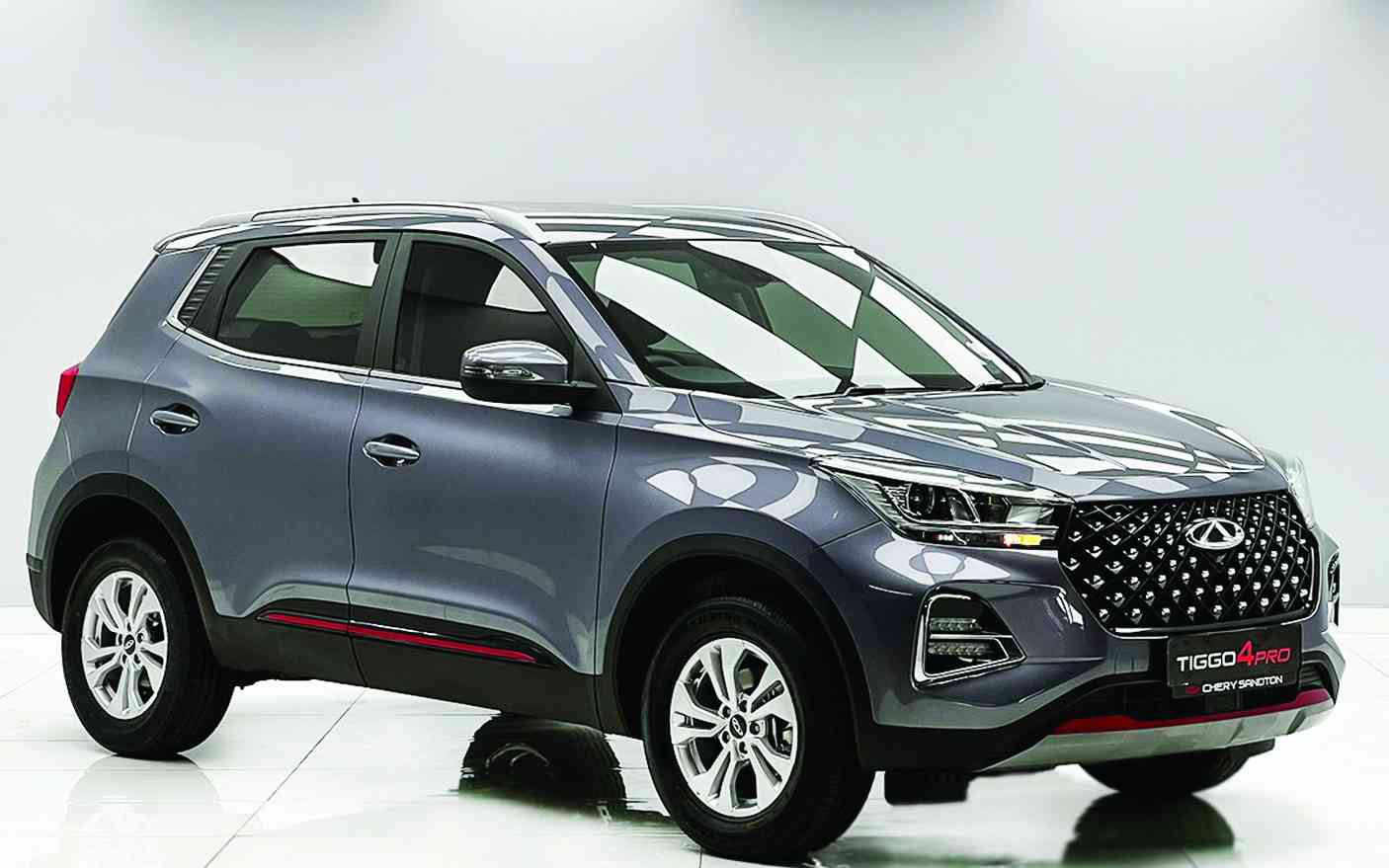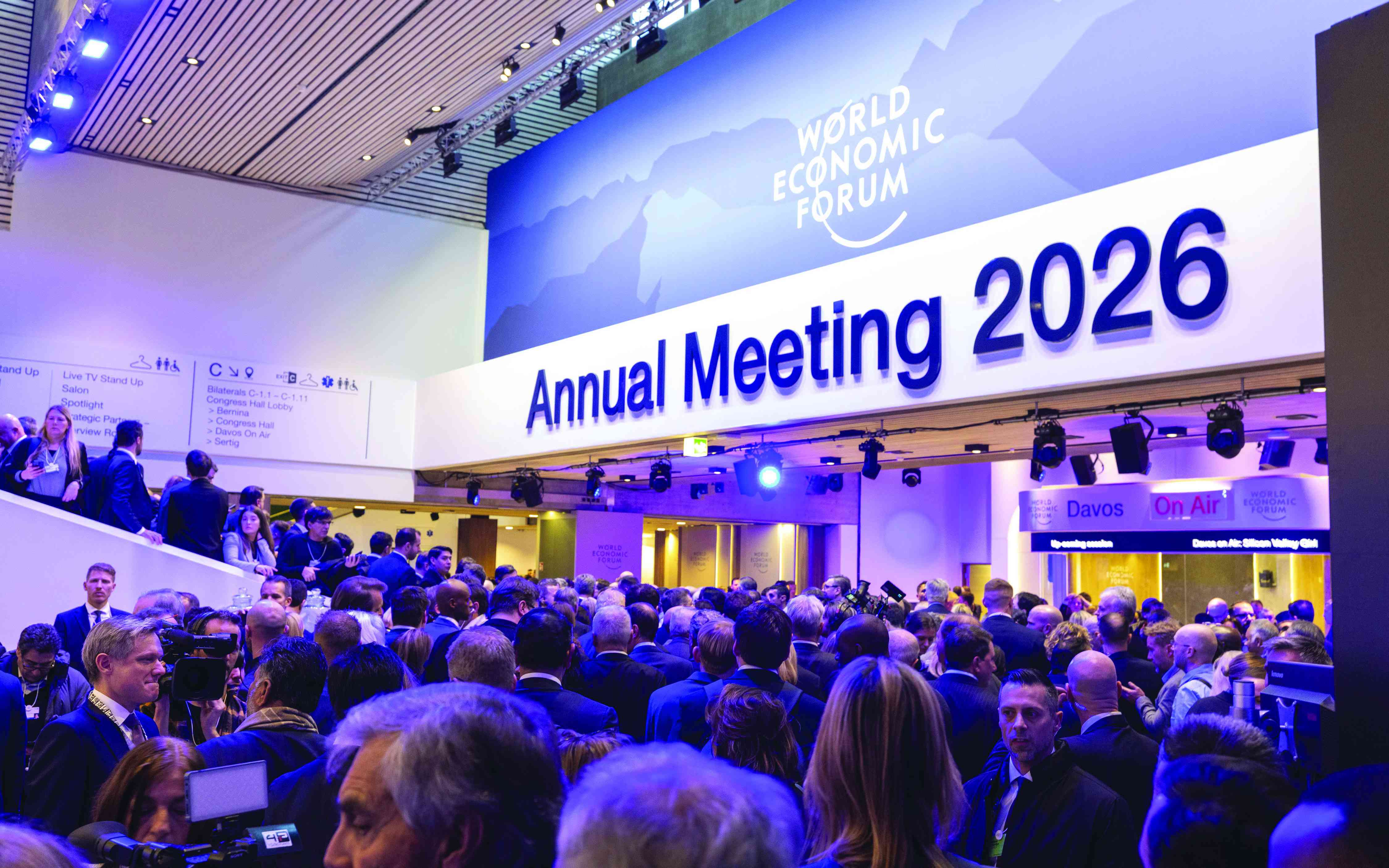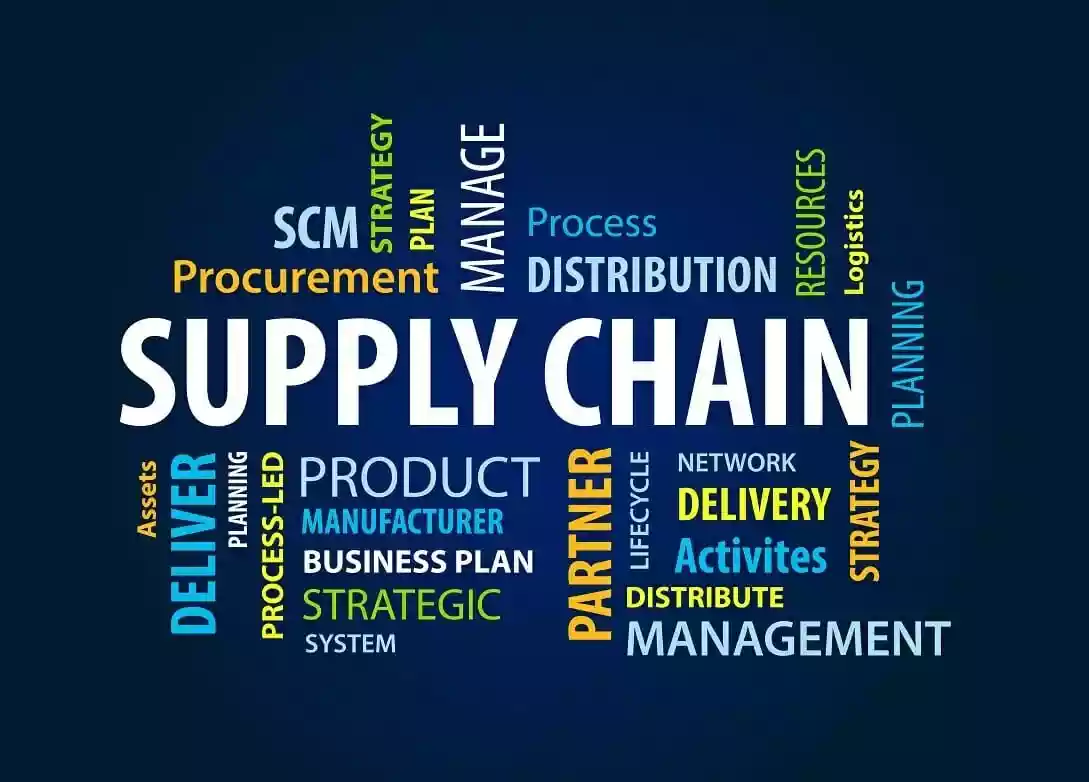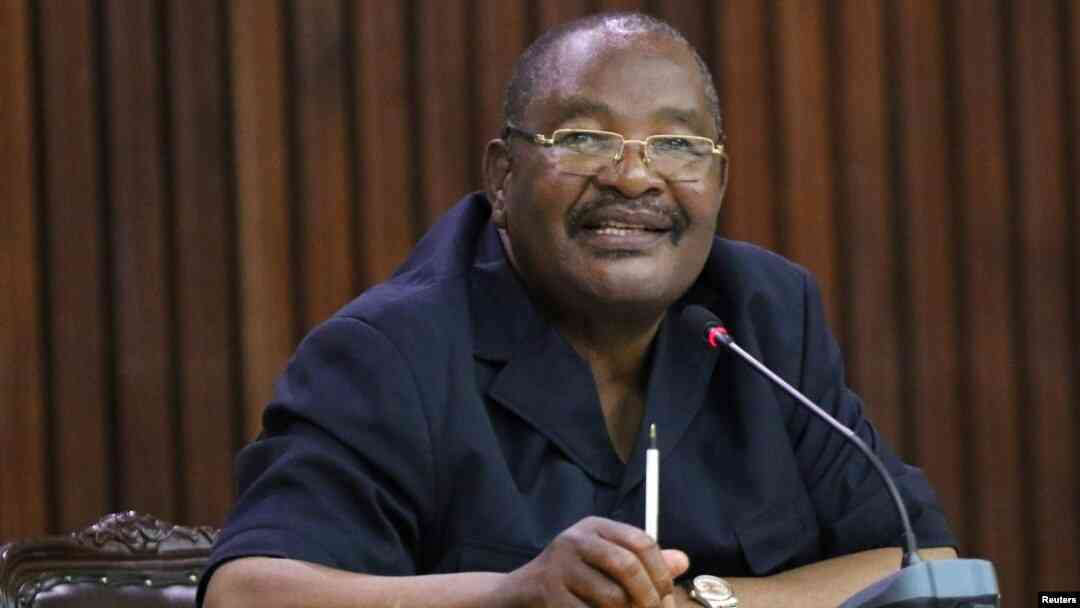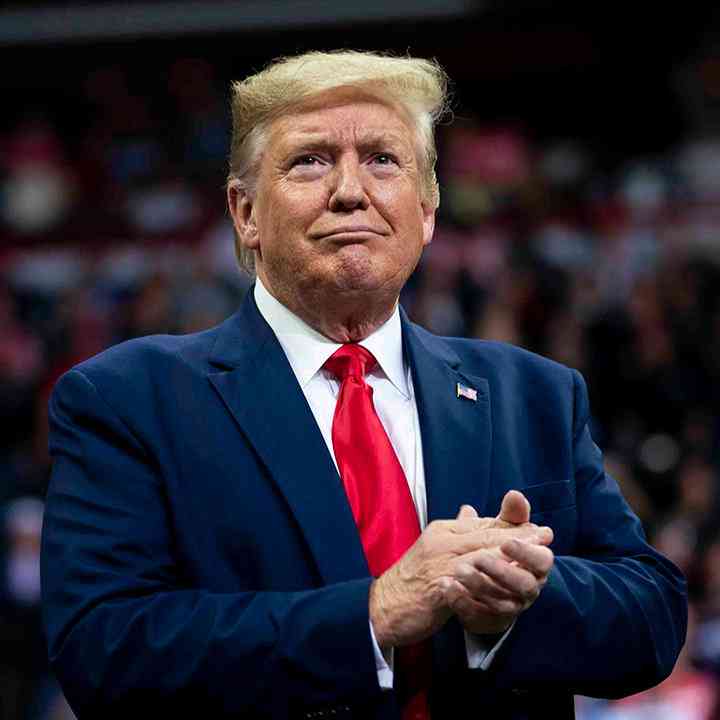
IN a gripping display of political tension, the United States recently held its elections under an unprecedented atmosphere of fear and division that left many questioning American democracy.
Once a bastion of democratic values, the US now confronts a deep crisis as President-elect Donald Trump prepares for a return to the Oval Office in January 2025.
Trump has promised sweeping action in his second administration. His agenda as outlined would scale back federal government efforts on civil liberties and expand presidential powers.
The billionaire’s victory, unsettling for many, has implications that reach far beyond American borders.
And the election day was marked by high security and fear of unrest.
The world watched in amazement as business and the state tightened security measures.
Across Pennsylvania Avenue, barricaded shops hinted at the anxiety that gripped a nation once seen as the global example of a peaceful democracy.
In Washington D.C., a 10-foot-high metal fence was erected around the White House, and high-security measures extended to other significant institutions like the Capitol and Treasury Department.
- What Trump’s return means to the world
Keep Reading
Images of the barricades circulating sent a troubling message, with a tourist lamenting, "That’s not America".
This scene accentuated the erosion of the image that the US once proudly projected: a seamless transfer of power upheld by democratic integrity.
With Trump's return, many are questioning what his leadership style, characterised by authoritarianism, populist rhetoric, and disdain for the media, means for democracy not only in America but also globally.
Trump's MAGA movement has rallied supporters around notions of nationalism and isolationism that sees international alliances and cooperative efforts as antithetical to his "America First" doctrine.
In Africa, where developing democracies have looked to the US as a model, this shift risks reinforcing authoritarianism and encouraging nationalist leaders to pursue power with less regard for democratic principles.
They are notorious for doing that, anyway. International reactions highlight the gravity of the situation.
Katharine Viner, editor-in-chief of The Guardian, has voiced concerns about the immediate implications of a Trump presidency for democracy, reproductive rights, environmental policy, and the global economy.
Viner points to the "Project 2025" blueprint Trump’s allies developed, which lays out plans to curtail press freedom through measures that could enable the government to seize journalists' emails and phone records.
These are not idle threats; they reflect an ideology that sees journalists as adversaries rather than necessary voices in a free society.
Trump's notorious designation of the press as "the enemy of the people" is a stark warning to democracies worldwide.
Leaders who discredit journalism to suppress criticism undermine transparency and accountability.
An editorial in Le Monde expressed a sense of despair. It described Trump's victory as the "end of an American era" and a "nail in the coffin"of the democratic ideal.
“It’s the ‘famous shining city on a hill’, extolled by president Ronald Reagan. The model has been challenged over the past two decades. Now Trump’s return is putting a nail in its coffin. …The rest of the world will suffer,” it reads.
Trump’s isolationist approach and disregard for international agreements are likely to leave a void on the global stage, undermining multilateral efforts from climate change to human rights.
Meanwhile, Africa, while concerned about these shifts, has its own democratic milestones to celebrate. In contrast to the chaotic scenes in Washington, Botswana recently held peaceful elections, marking a change in leadership after a 58-year rule of the Botswana Democratic Party (BDP).
Duma Boko's victory was not just a triumph for Botswana's democracy but a reminder that democratic integrity can still prevail without high fences or barricades.
For Africa, Trump’s economic protectionism poses another challenge. As Ed Stoddard observed in The Daily Maverick, Trump's tariff policies may have serious repercussions for South Africa’s economy and, by extension, the broader African economy.
This “poisonous” approach to trade could deepen economic isolation, limiting growth opportunities for African nations that depend on exports and open markets.
In this environment, African leaders may face pressure to seek alternative alliances, with superpowers like China and India potentially filling the vacuum.
Although the transition has been peaceful, the images of the barricades should not only serve as a cautionary tale but as a reminder of the values that democracy seeks to protect: peace, freedom, and the right to a fair and free society.
For Africa, and indeed the world, the future demands vigilance in defending these principles and learning from both the pitfalls and
successes of those who have gone before.

